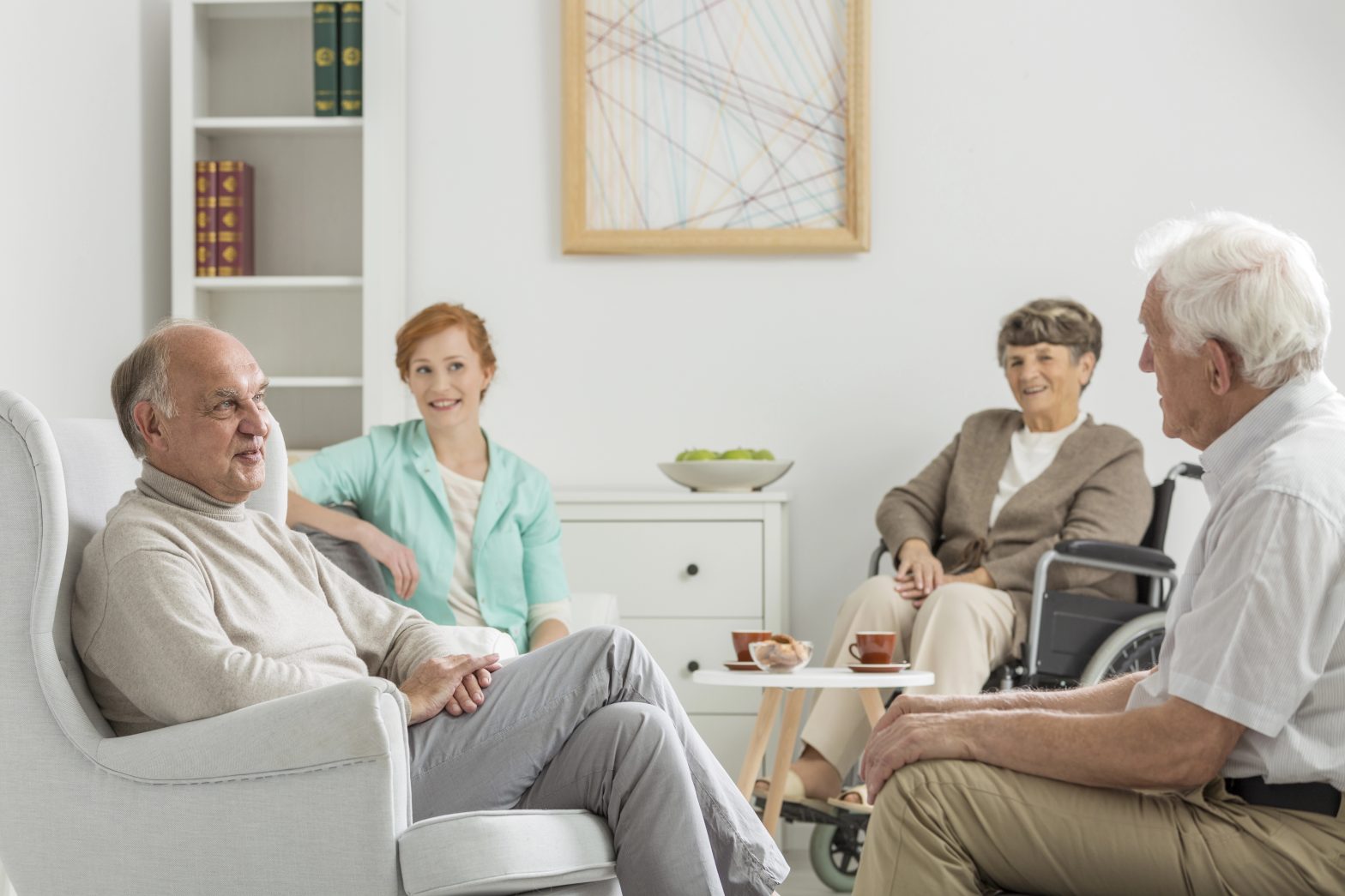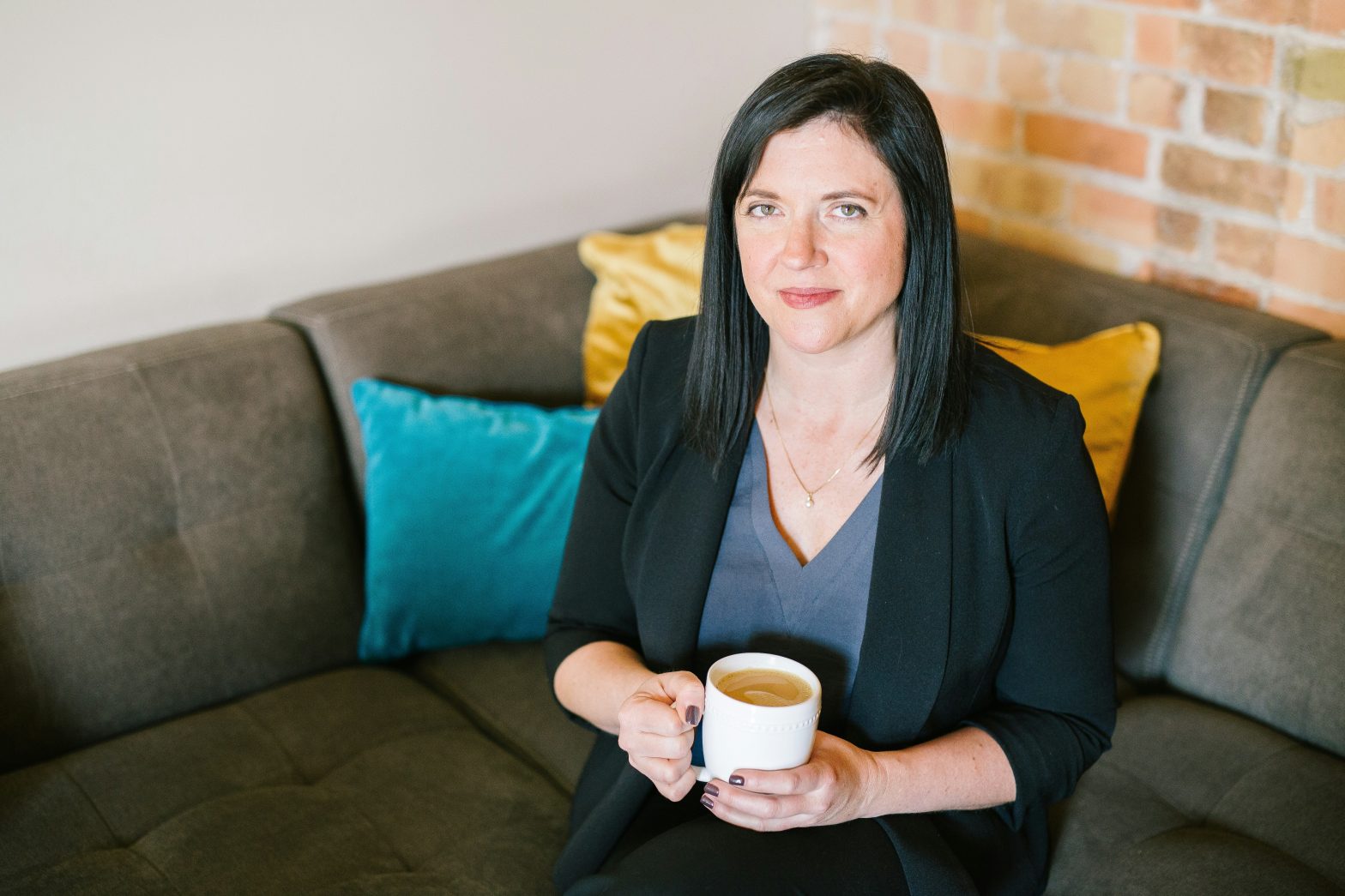Taking care of yourself when you are a caregiver for someone with Alzheimer’s
by
Romina Sarcletti
Caring for someone with dementia is an act of deep love, but it’s also a very demanding physical, mental and emotional commitment. Often, caregivers become completely dedicated to the well-being of the other person, neglecting their own needs, and end up feeling exhausted, overwhelmed and alone. But there’s an important truth to remember: you can’t pour from an empty cup. Taking care of yourself isn’t selfish, it’s survival.
1. Know your limits
It’s easy to fall into the trap of “I can do this alone.” But dementia is a complex and progressive condition, and there will be times when asking for help is necessary. Recognizing your limits is the first step to protecting your mental health.
Tip: Keep a daily journal of how you’re feeling. This will help you spot signs of stress before they become too much.
2. Ask for and accept help
You don’t have to go it alone. Family, friends or support services can lighten the load. Even a short break can make a difference.
Helpful options:
- Caregiver support groups
- Temporary respite services (breathing)
- Consultations with specialized psychologists
3. Establish a routine for yourself
In the midst of chaos, routine is an anchor. Dedicating even just 30 minutes a day to an activity that makes you feel good can help you find your center.
Simple ideas:
- Take a walk
- Read a book
- Meditate or practice yoga
- Listen to relaxing music
4. Take care of your physical health
The body is the first to send signals when we are pushing ourselves too hard. Don’t ignore them.
Practical advice:
- Eat a balanced diet
- Get as much sleep as possible (ask for help with night shifts, if necessary)
- Do some exercise, even light exercise
5. Face emotions without judgment
Frustration, guilt, sadness, helplessness: these are common emotions for a caregiver. Repressing these feelings will not make them go away, on the contrary. Recognizing them is the first step to working through them.
Try to:
- Talk to someone you trust
- Write down what you feel
- Contact a therapist, even online
6. Get informed, but in moderation
Better understanding dementia helps you feel less helpless. But be careful not to fall into the anxiety of “continuous research”. Choose reliable sources and give yourself breaks from information.
7. Stay connected
Social isolation is one of the biggest risks for caregivers. Cultivate relationships, even with just a few people. A call, a coffee, a message can make a difference.
Conclusion
Being a caregiver is a complex journey, made up of hard times but also of great humanity. Remember: taking care of yourself is an integral part of taking care of others. You also deserve attention, affection and support.
If you feel overwhelmed, asking for help is not a sign of weakness, but of courage.



